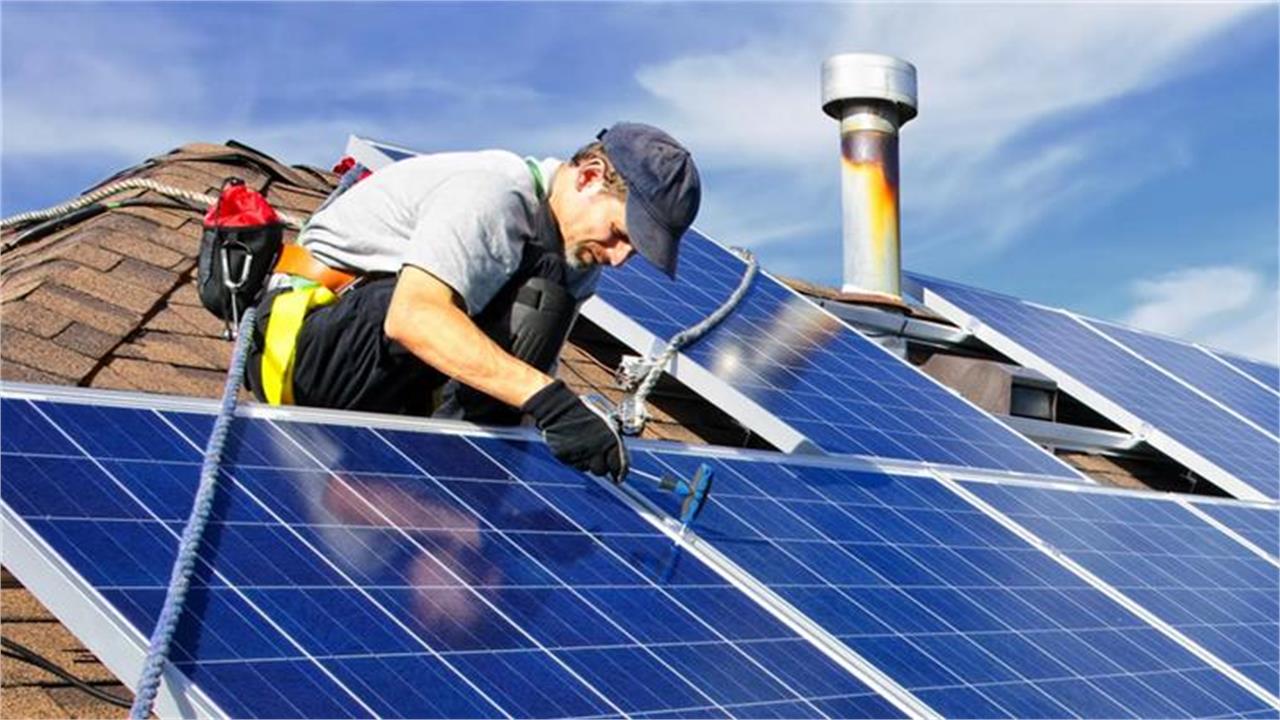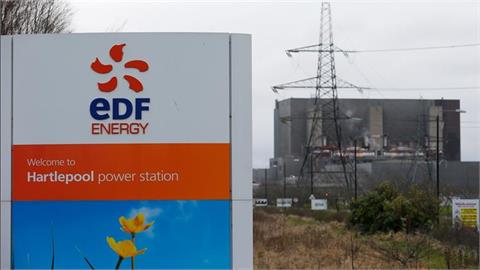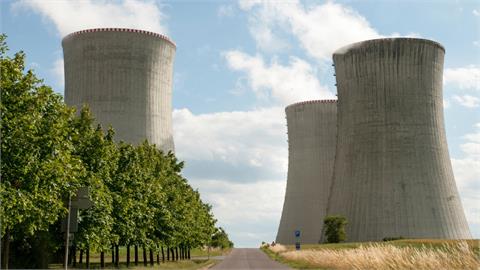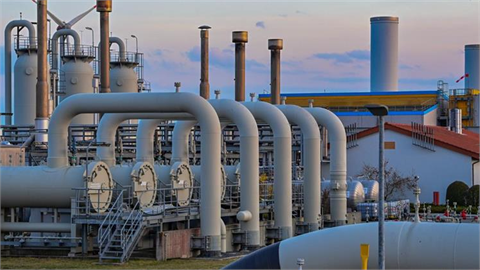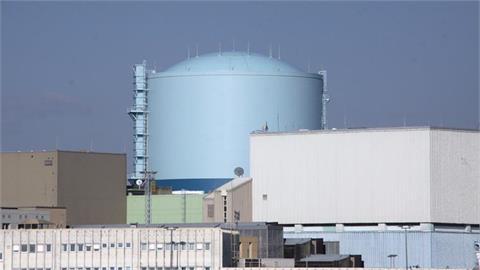The U.S. solar industry is at risk of installing 27% less capacity between 2026 and 2030 than before the passage of President Donald Trump's tax law that rolled back subsidies for such projects, a key trade group said in a report on Monday.
WHY IT'S IMPORTANT
The forecast by the Solar Energy Industries Association, the industry's top U.S. group, and energy research firm Wood Mackenzie, follows moves by Trump's administration to stymie development of clean energy industries that was the cornerstone of former President Joe Biden's climate change agenda.
KEY QUOTE
"Instead of unleashing this American economic engine, the Trump administration is deliberately stifling investment, which is raising energy costs for families and businesses, and jeopardising the reliability of our electric grid," Abigail Ross Hopper, president and CEO of the group, said in a statement.
BY THE NUMBERS
Solar and storage accounted for 82% of new U.S. electricity capacity in the first half of 2025.
Domestic solar module manufacturing capacity grew by 13 GW in the first half of 2025, to total 55 GW.
More than three-quarters of solar capacity installed in 2025 has been in states won by Trump, such as Texas, Indiana, and Florida.
Utility-scale solar costs rose by 4%, residential costs climbed 2% and commercial system costs rose 10% during the second quarter, due to import tariffs and higher permitting and other overhead costs.
(Reuters, September 8, 2025)
